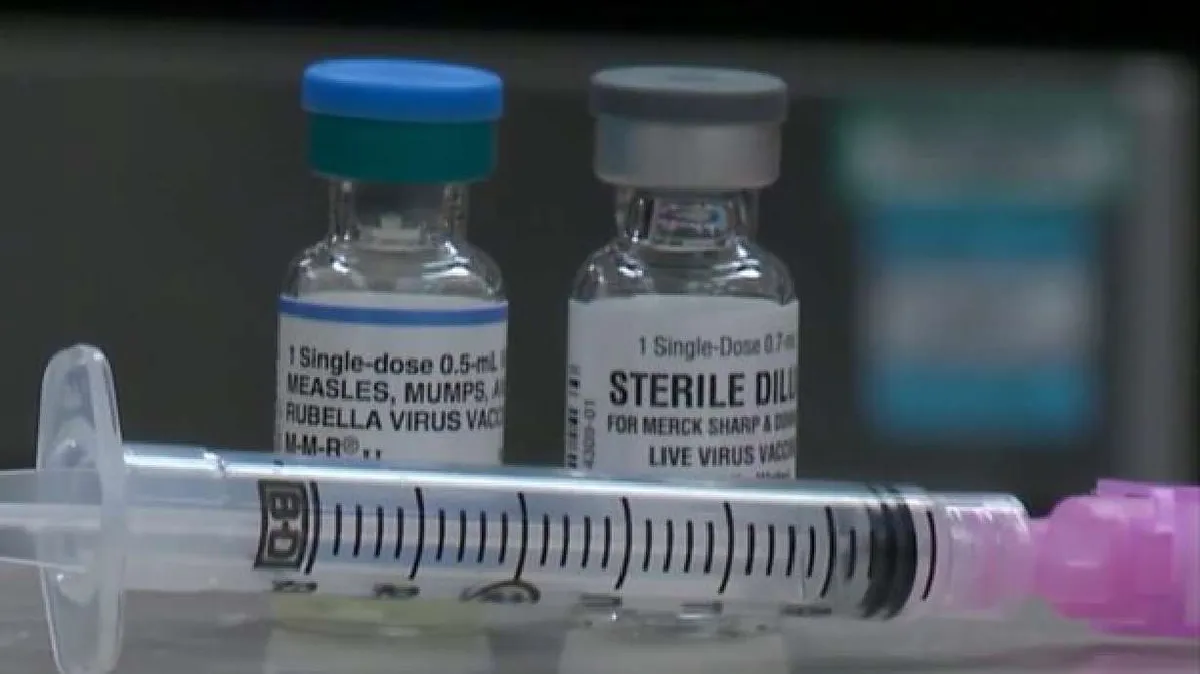
SALT LAKE CITY — A new case of measles has been confirmed in Utah, bringing the total number of cases this year to 10. This recent diagnosis involves an unvaccinated individual residing within the Southwest Utah Public Health District, as reported in a press release from the Utah Department of Health and Human Services on Wednesday.
The individual who contracted measles reported that they had been self-isolating upon feeling unwell, and notably, they are already past the infectious period, which reduces the risk of spreading the virus to others. According to state health officials, all 10 individuals diagnosed with measles in Utah this year are unvaccinated. Among these cases, seven are residents of the Utah County Health Department.
On Friday, the Utah County Health Department announced that the measles virus has been detected in wastewater samples collected in Provo. This finding suggests that at least one individual in the area has contracted the infection, raising concern about potential further spread. In addition to the seven cases in Utah County, three individuals with confirmed infections are located in the Southwest Utah Public Health District.
The Utah Department of Health and Human Services has stated that it has not identified any new exposure locations related to the recent cases. Measles symptoms typically manifest about a week after exposure to the virus, starting with a high fever, cough, runny nose, or red eyes. Following these initial symptoms, a characteristic rash often develops after approximately four days.
In light of these developments, the state health department is urging Utahns who exhibit any symptoms of measles to refrain from contact with others. It is recommended that they call their healthcare provider or clinic before seeking in-person care to prevent the risk of exposing others to this highly contagious disease.
This outbreak serves as a critical reminder of the importance of vaccination in preventing measles and protecting public health. The measles vaccine is effective and safe, and widespread vaccination can help halt the spread of this serious virus.